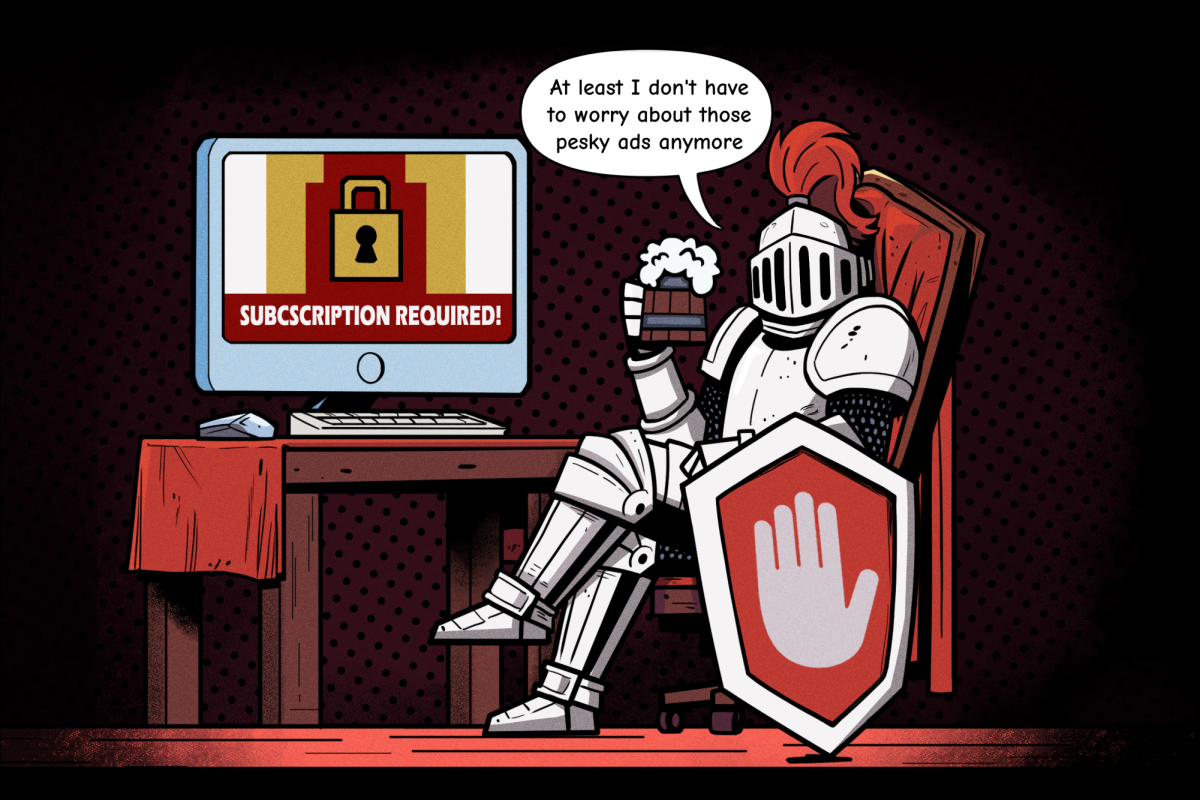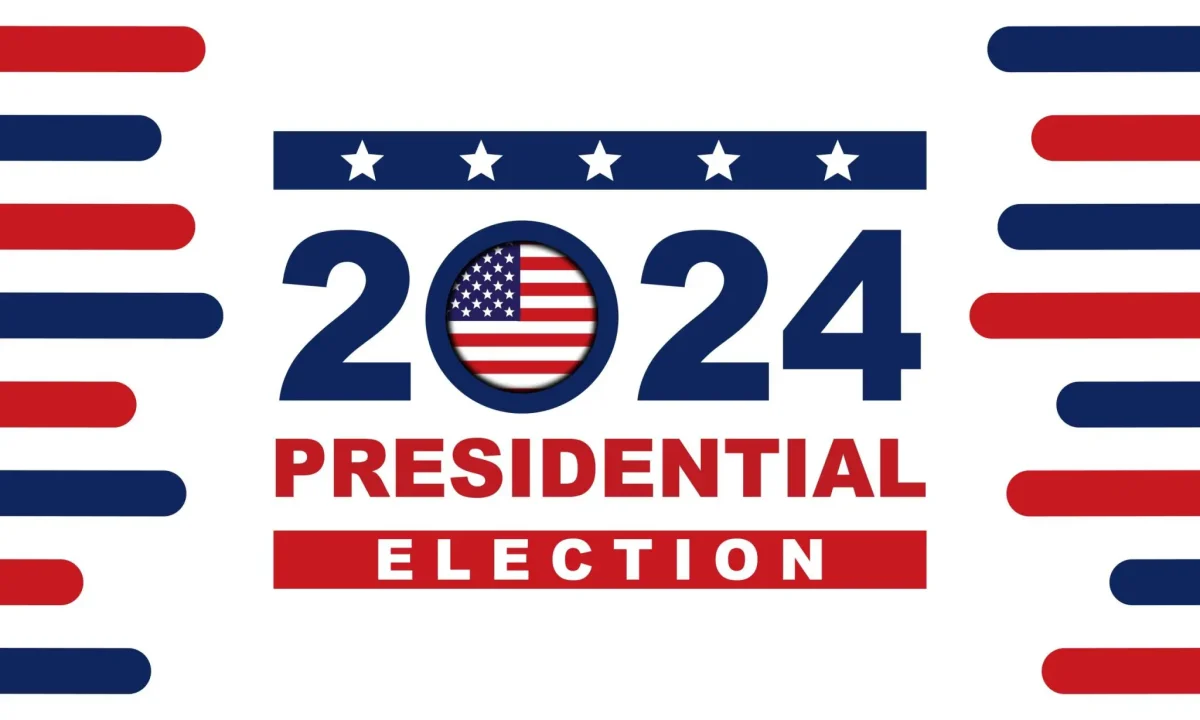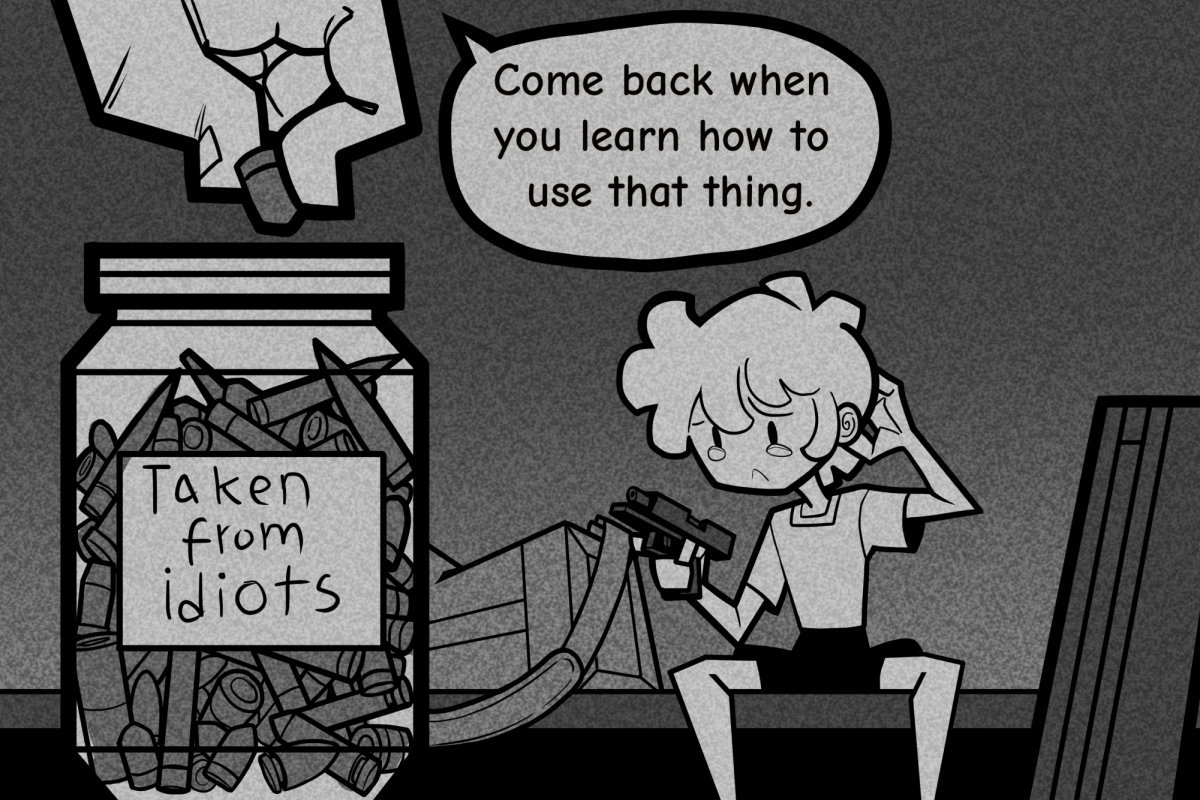By MATTHEAU FAUGHT
Presentation editor
@TheEtCetera
There is no principled reason for today’s internet web users to use an adblocker. While It’s nice to not have to sit through 30 seconds of advertisements to get to the content we want to see, that convenience comes at a cost.
Everything has a tradeoff. I’m someone who enjoys free stuff, and getting to see movies on sites like Tubi and PlutoTV for free is quite convenient, but the one tradeoff to enjoying this service is having to sit through ad-breaks during my movies. AdBlock provides a way to essentially circumvent that tradeoff of enjoying free content.
Companies pay hefty server costs to host content, most of which is sourced through ads. Advertisements have remained a major income stream for companies that host content since the introduction of radio and television. Google, for example, generates almost 80% of its revenue from advertising according to FourweekMBA. By using adblock I am robbing the service of their ad revenue just to avoid a small inconvenience on my end.
Most advertising money is made off impressions, IE simply viewing the ad, as a low percentage of users click-through ads. According to Backlinko today 42.7% of internet users worldwide report using an adblocker. It’s a grim thought to know that almost half the internet’s population is blocking income to content creators.
This is particularly problematic when looking at the information side of things.
Today, the New York Times, Boston Globe and Chicago Tribune use paid digital content models to improve revenue and counteract losses AdBlock certainly causes. With information centers offering content through subscriptions, the idea of free access to information is becoming a thing of the past. Not everyone can afford these and those costs tend to stack up over time.
Hypothetically, given that most websites are overwhelmingly supported by advertisements, AdBlock also makes it harder for new online businesses to grow without some sort of brand recognition or alternative income streams. The fact that it’s becoming harder for new websites to succeed in the face of monopolistic competition that already has solid advertisement backing makes it feel like the days of autonomy on the internet have been moving further and further away and I firmly believe AdBlock is one of the major contributors to that.
It’s a shame because once upon a time there was a justification for using AdBlock, but the internet has changed a lot since I started using it in 2009. It was bigger, more diverse and creator driven, and the possibilities were endless. It also had terribly intrusive and sometimes malware-laced advertisements aplenty. AdBlock arose to counter annoying pop-ups and obnoxious banners that seemed rather commonplace for netizens of the time.
Yet, as the years have gone by, the internet has effectively shrunken. Advertisements have changed too, becoming less intrusive and generally safe and legitimate, unless you’re viewing skeevy or illegal content.
Today is a different day than when I was a young boy and there’s little practical reason for me to use an adblocker, hence why I no longer do it.
I’ve observed most arguments from the modern AdBlock user are that they find ads annoying and deride ‘evil corporations’ for wanting to make a profit through generally annoying advertisements. The thing is that these ‘evil corporations’ employ or host very real people who need to make ends meet, and ad revenue is a big part of that. For example, using AdBlock on YouTube robs content creators of their ad revenue and drives them away from making the videos their fans want to see.
I wish the AdBlock acolytes of today would have the decency to admit they put more stock in their convenience than the well-being of creators that work hard to offer free content for a minimal tradeoff. Let’s face it, if you’re someone who spends hours consuming content/information online, you can deal with a few ads.
Convenience is not a sufficient moral or ethical argument against ads. End users who utilize ad-blocking software do so for purely self centered reasons, despite the fact that they’re taking money right out of people’s pockets. Adblock has created a more malignant tradeoff of making content harder to produce, maintain and access in the long run.
Most creators on the web rely on ad revenue to keep the lights on, and AdBlock makes it much harder for them to support themselves while making the content both they and their audience want to see. It is a lose-lose situation, but one entirely perpetuated by the AdBlock user. After all, if you’re not willing to sit through an ad to get to the content you enjoy, you shouldn’t expect its creator to continue creating when they aren’t being properly compensated for it.















Anon • Mar 16, 2024 at 11:20 pm
This is an out of touch article. Most people would be fine with ads if they weren’t rammed down our throat. I’ve been on some sites where they played 5-6 thirty second ads for a 2.5 min video. That’s ridiculous. People would be fine watching ads if the way those ads were delivered was more regulated.
notyourvictim • Oct 24, 2023 at 9:23 am
what in actual tarnation. bro tldr ads are essentially forms of psychological, emotional, spiritual, financial abuse not to mention privacy and dodgy exchange of private user information for purely malicious reasons. just to stroke the tip of that iceberg.